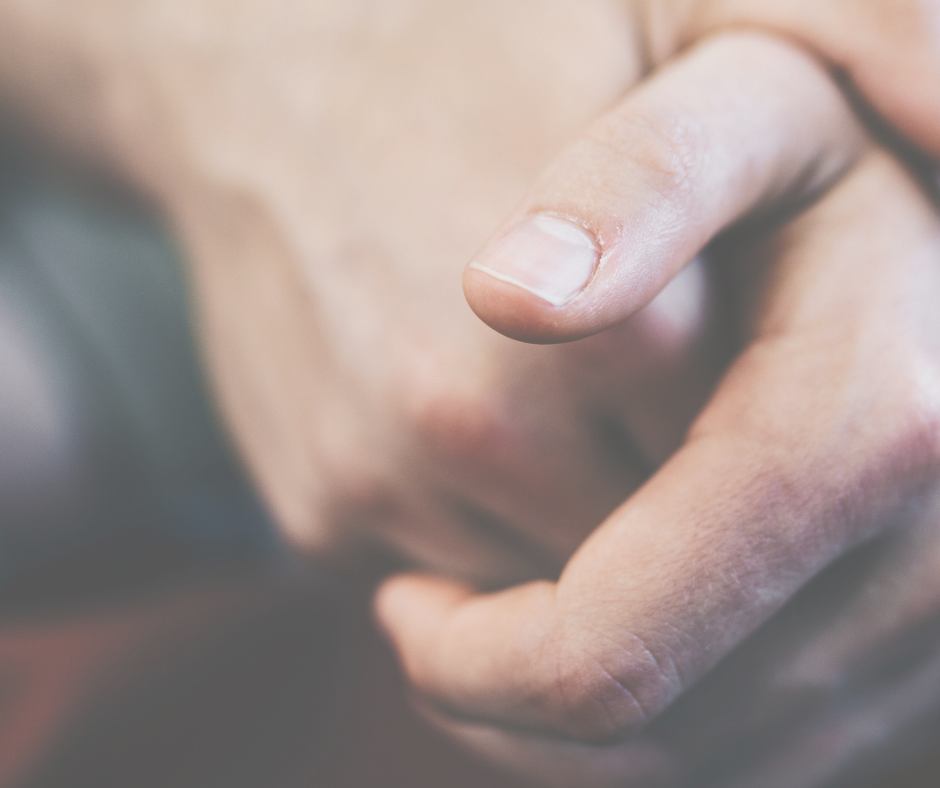|
Grief does not come with a manual. It is a raw, powerful, and all-consuming emotion and experience. When we lose somebody significant in our lives, we will always feel that loss, because their significance never goes away. We never get over it. However, taking it day by day, we can slowly start to heal from the shock and trauma of the initial loss. Additionally, grief can result from more than just death. We grieve when someone dies. We grieve when a pet passes away. We grieve when a relationship ends. We grieve when we lose our jobs. We grieve when we move. We grieve when our health declines. Essentially, we can experience grief anytime our life changes in a way that is unwelcome and out of our control. There is no easy way through grief, but here are a few examples of ways in which we can help ourselves along the grief journey:
Overall, it’s important to understand that the emotion and experience of grief is unavoidable when we are faced with a significant loss. Through it all, take care of yourself, and show yourself the same kindness and compassion that you would show a grieving loved one. If you are needing extra support, grief counselling can be helpful, and is available here at Kelly Mental Health.
|
|
OverviewNWO’s source for all things relationships, mental health, wellness, lifestyle, and pandemic support. Kelly Magazine is a mental health outreach initiative created by Kelly Mental Health and supported by Kelly Mental Health Foundation, a non-profit organization dedicated to improving the community in the area of mental health.
|
Magazine |
Follow Us |
In support of @kellymentalhealthfndn |
© COPYRIGHT. ALL RIGHTS RESERVED. WEB DESIGN BY KMH









